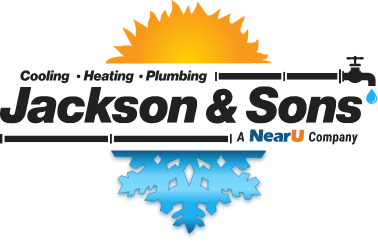
In a commercial building, the AC setting during summer months matters to both employees and to the people who visit the building. No single, specific temperature for commercial buildings is agreed upon and mandated by all government agencies. For example, the U.S. Department of Energy (DOE) specifies 78 degrees as the desired setting in summer. However, the Occupational Safety and Health Administration (OSHA) recommends a temperature ranging from 68 degrees to 76 degrees, depending on the nature of the business occupying the building. For most commercial buildings, however, the ideal temperatures in the comfort zone range from 73 to 76 degrees.
The optimal AC setting necessarily depends upon the square footage and layout of the specific building. The requirements of those using the building are also essential. Usually, the best approach is to first select a temperature somewhere in the low 70s. Then, solicit feedback from your employees, customers, and others who access the building. With that information, you’re more informed to identify a specific setting that will be acceptable to most occupants.
Here are some other factors that may help determine the AC setting that’s most appropriate for your building, its occupants, and your employees.
- An overly cool indoor environment can make a commercial building feel more uncomfortable when workers are sitting at desks for long periods. Conversely, when the temperature’s too warm and physical labor is conducted in the building, both comfort and productivity are impacted.
- Stay ahead of daily indoor-temperature patterns. In summer, don’t wait for indoor temperatures to begin to soar before setting an appropriate AC temperature to maintain cool indoor comfort.
- System upkeep is vital to maintain accurate temperature control. Basic maintenance by on-site staff could include replacing air filters on time and regularly checking airflow at vents throughout the facility. Regular scheduled maintenance tune ups by qualified professional HVAC technicians is critical to detecting and preventing potential issues that might interrupt cooling as well as extend the life of the HVAC system.
For all your commercial HVAC needs contact the professionals at Jackson & Sons.

